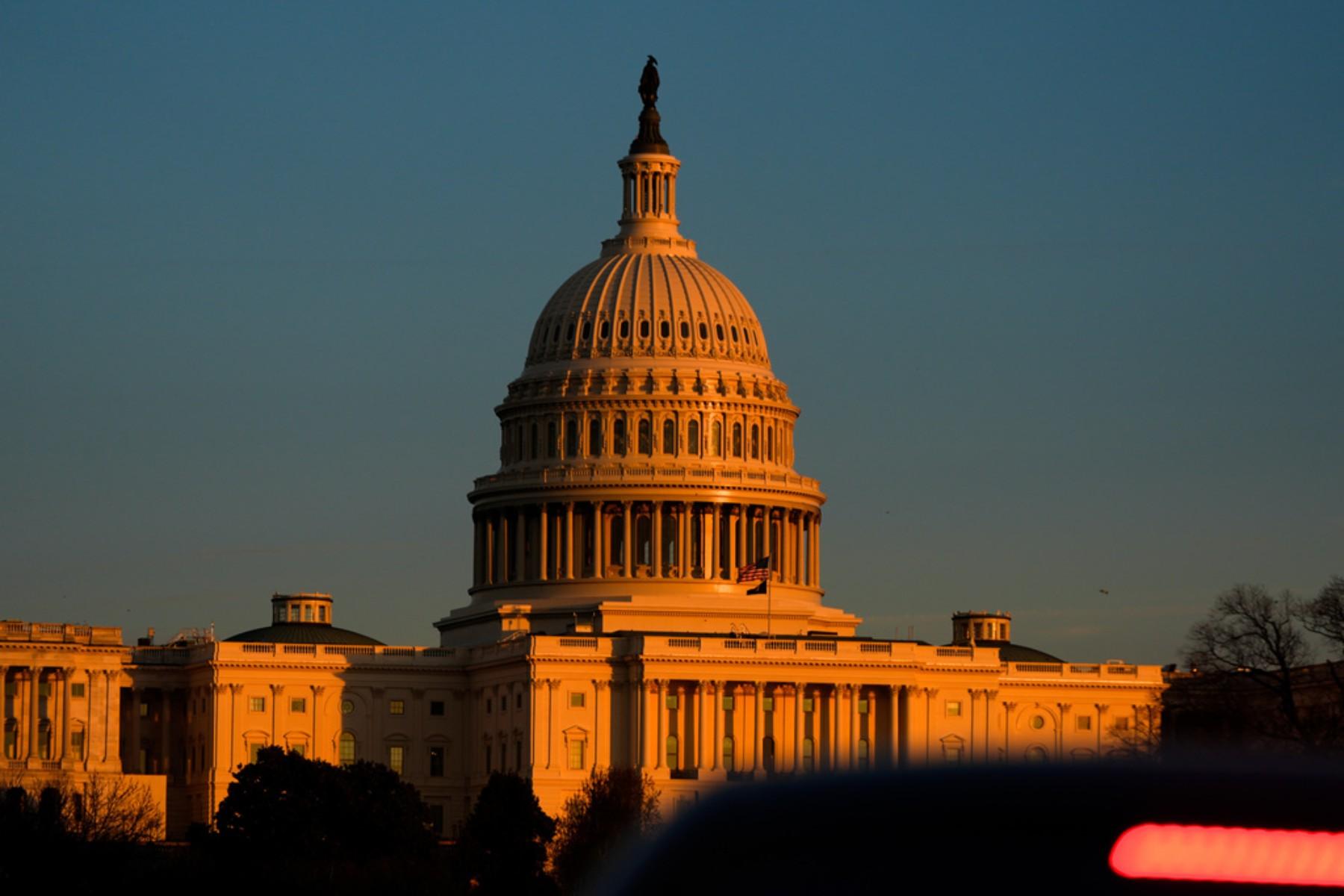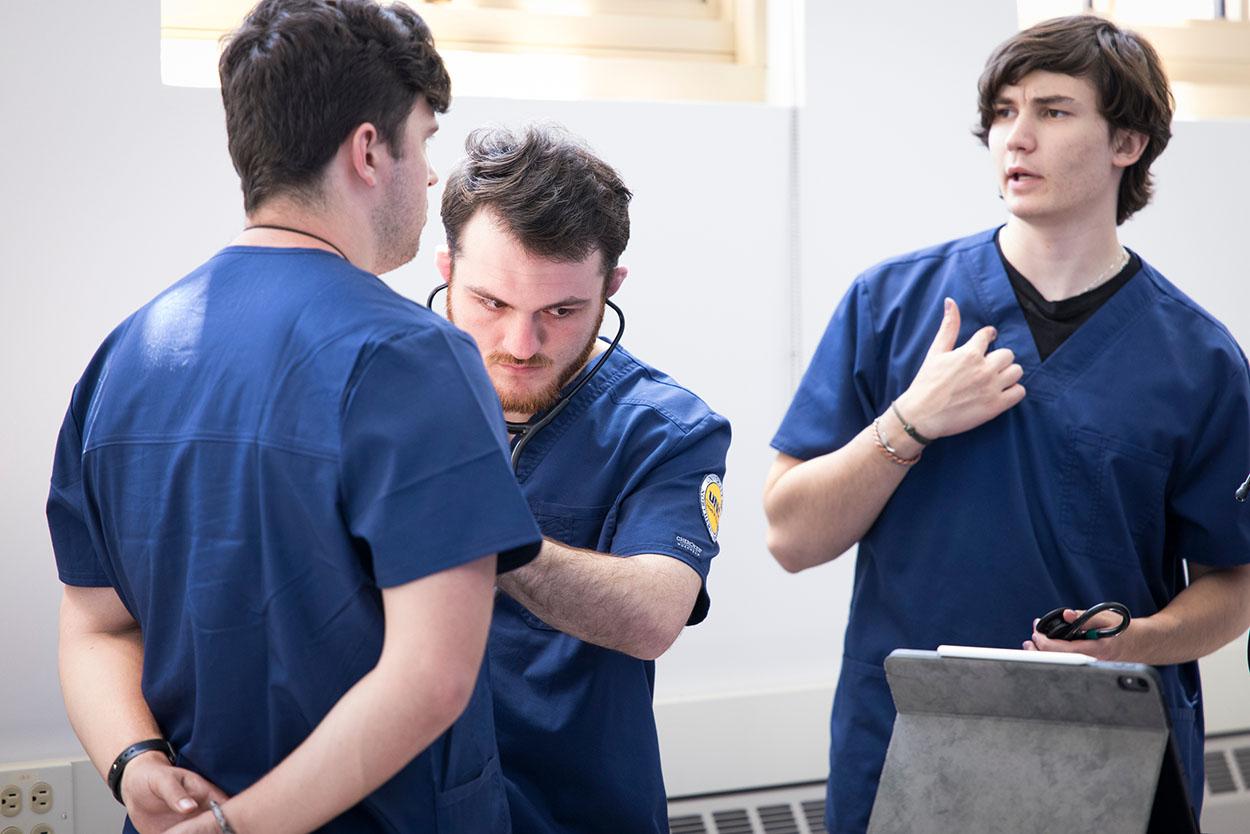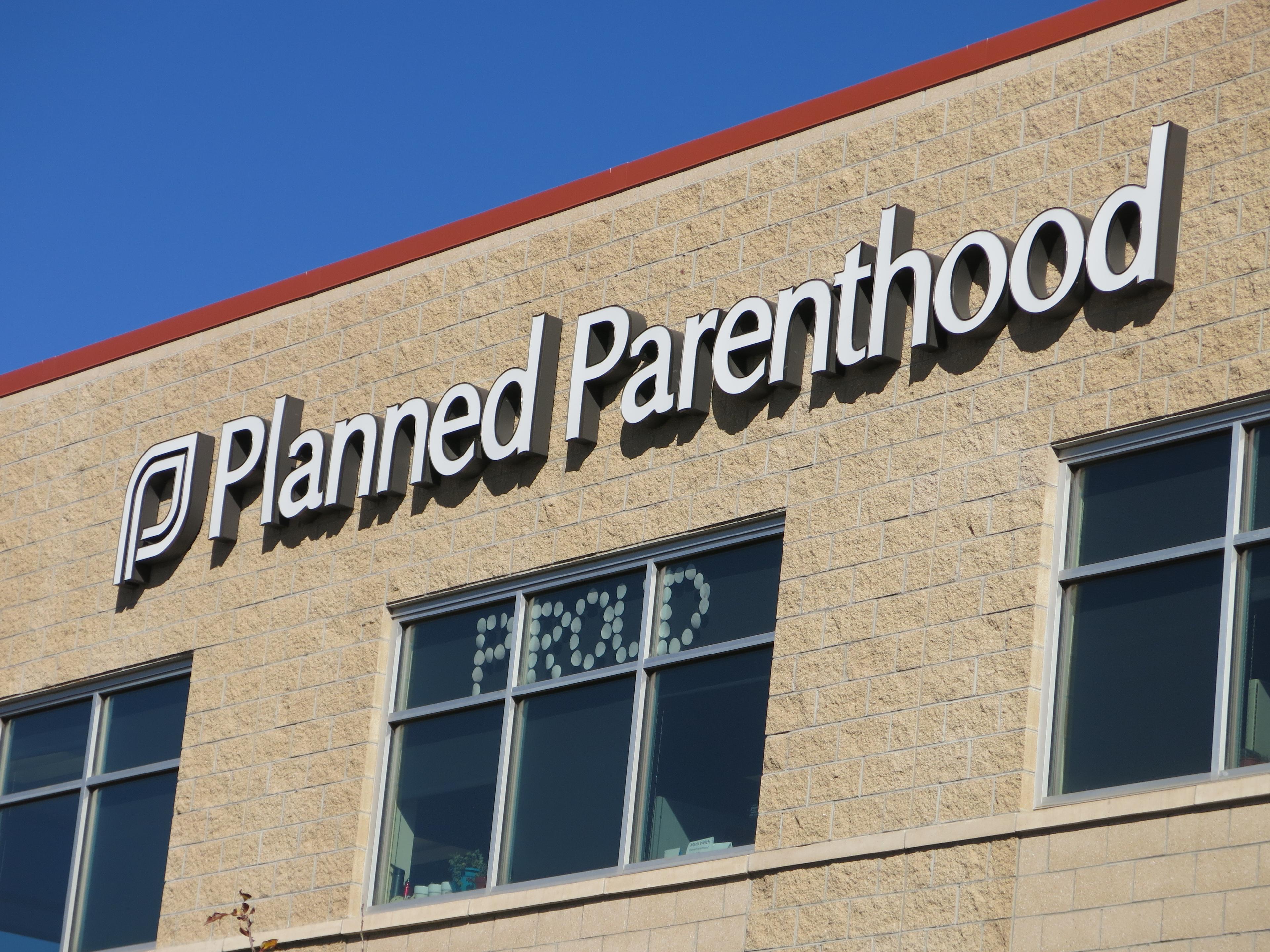
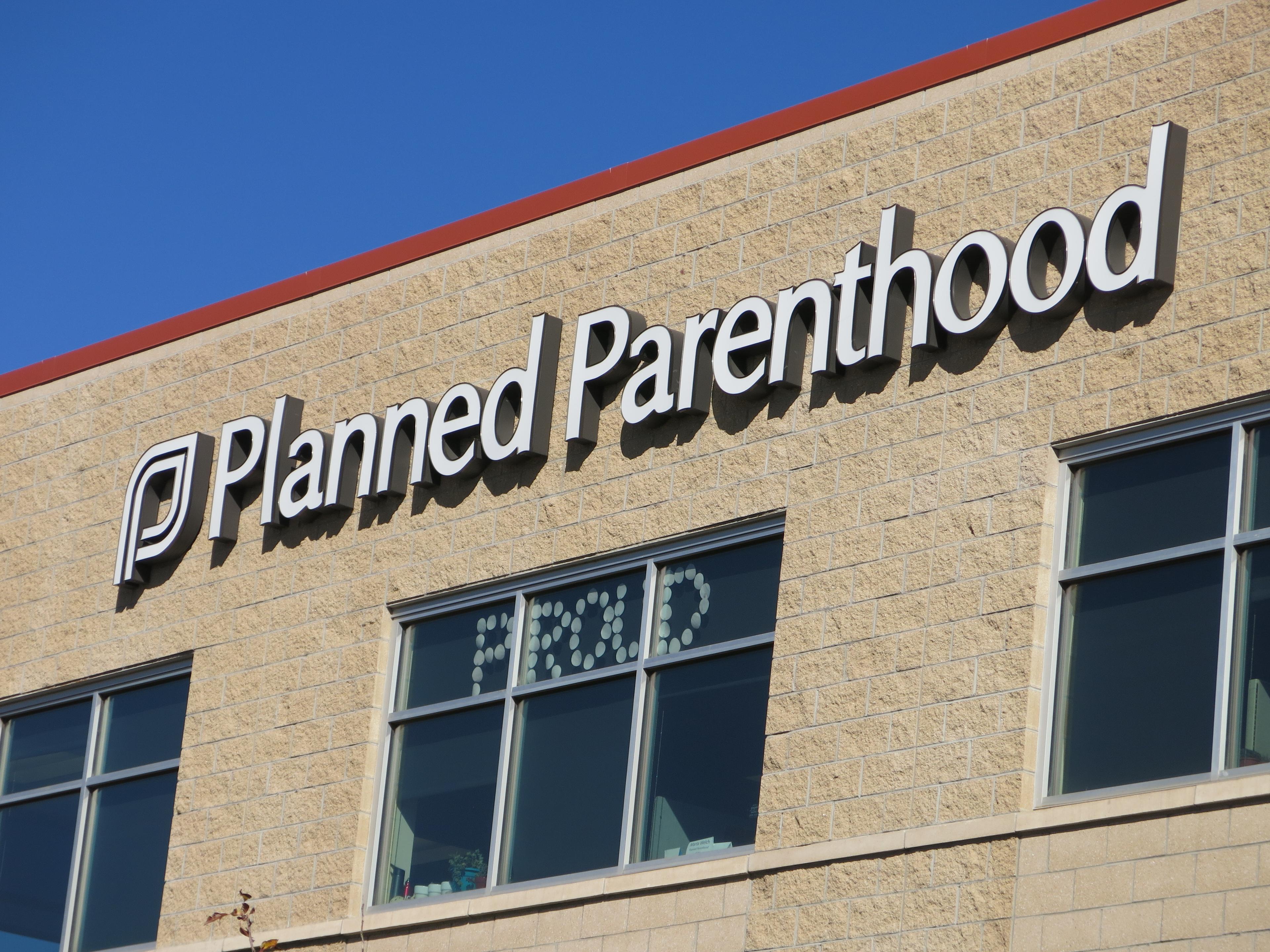
Despite numerous questions about the accuracy of videos shot undercover and released in the summer by those who oppose legal abortion, the videos exposed something many of us don't think about, says Stanford bioethicist Hank Greely: Fetal tissue being used in research and fetal tissue being paid for.
That's legal under federal law -- with one caveat.
"You can't profit on it," Greely said. "That's what the statute says."
However, abortion providers can be reimbursed for "reasonable" costs for things like preservation, storage and transportation of the tissue to a research facility, he says.
But is it legal under Colorado state law? That’s the crux of a new lawsuit filed by a board member for a group that opposes abortion, the Faith and Freedom Coalition of Colorado.
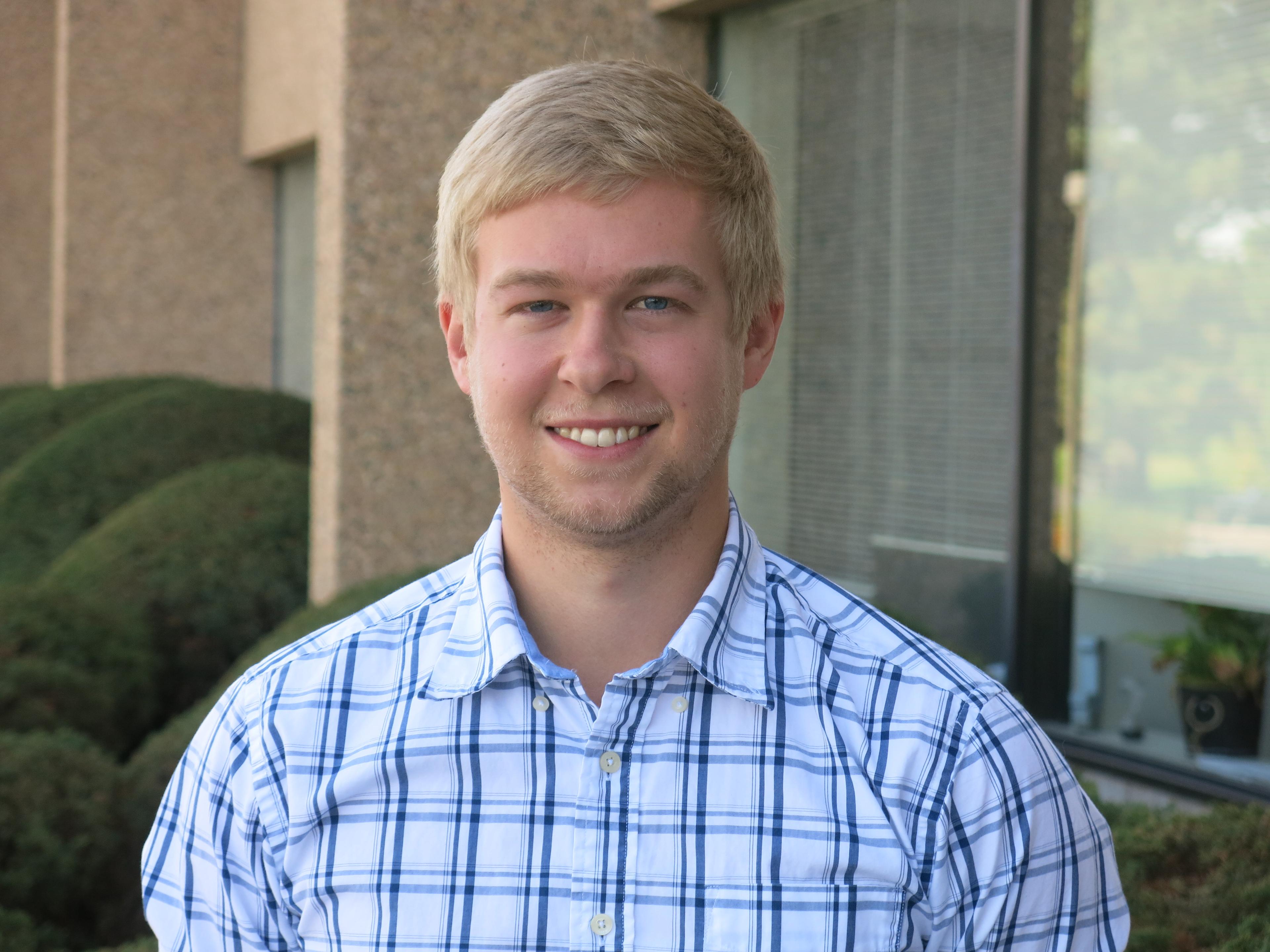
“I see this as, first of all, a constitutional issue in Colorado," said Nick McIntyre, executive director of the group. "We need to protect our constitution, we need defend our constitution, we need to uphold our constitution.”
In 1984, Colorado voters passed a constitutional amendment banning the use of public funds, either directly or indirectly, to pay for an abortion. McIntyre said when Colorado State University obtained fetal tissue from Planned Parenthood of the Rocky Mountains it violated that amendment, because the way he sees it, the school used state funds to indirectly fund abortions.
The phrase “'directly or indirectly' is in Article 5 Section 50, so you could in the very least consider this an indirect subsidy of abortion services," said McIntyre.
CSU denied any wrongdoing. University officials declined to be interviewed for this story. But through a statement from university spokesman Mike Hooker, CSU said it "obtained placental tissue" from Planned Parenthood for "research into healthy pregnancies and also properly obtained fetal tissue from other providers for important research into curing disease."
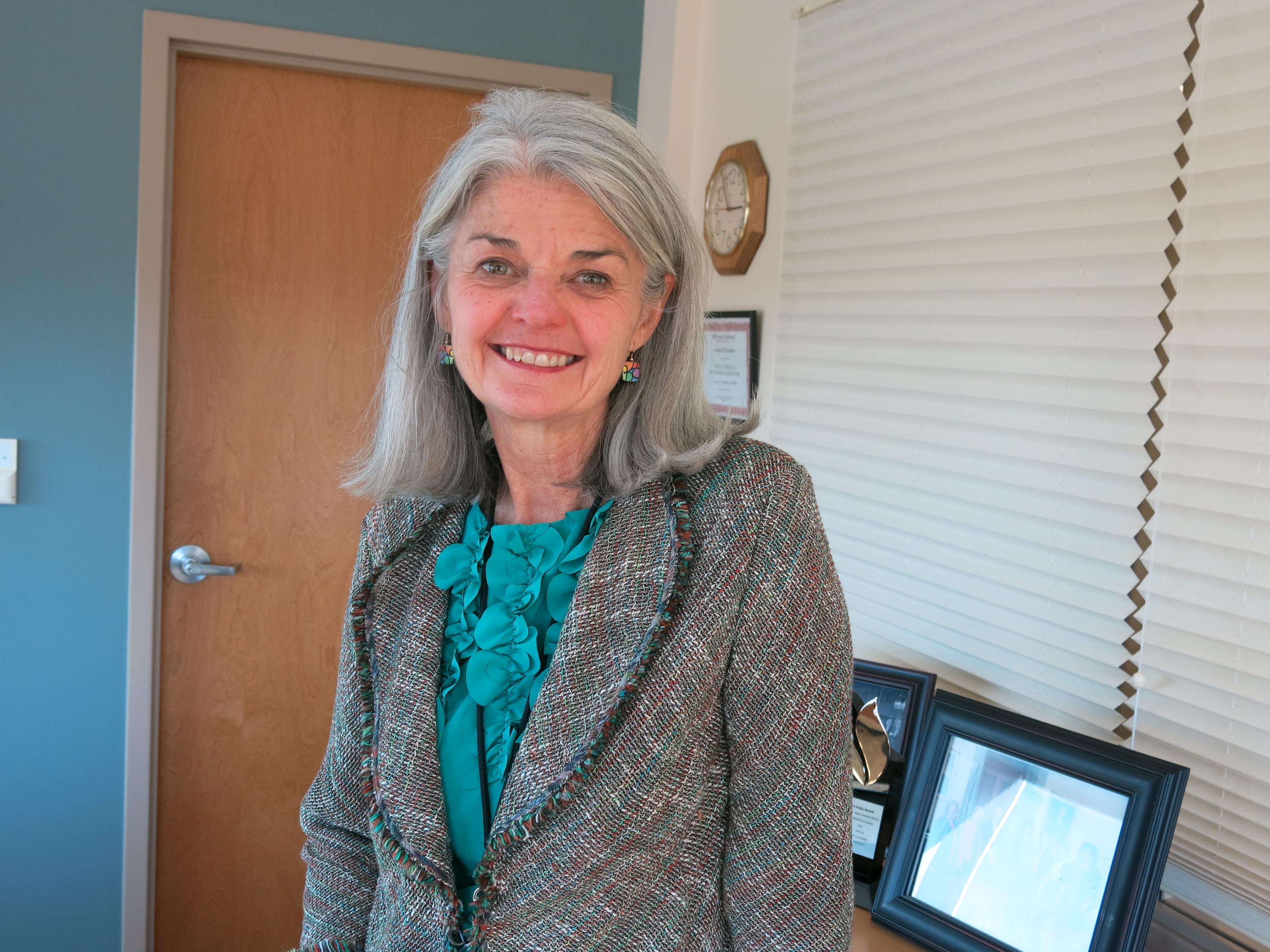
Planned Parenthood also denies any wrongdoing. Vicki Cowart, CEO of Planned Parenthood of the Rocky Mountains, also pointed to the federal and state laws that allow for collaboration. She said CSU only reimbursed them for costs associated with providing the placental tissue.
Those who oppose abortion had hoped that Colorado Attorney General Cynthia Coffman would investigate Planned Parenthood over the allegations made in the lawsuit. But in August, she said according to state law, the probe would have to be done by the Colorado Department of Public Health and Environment (CDPHE). That agency decided not to investigate.
Both Sides Capitalize
While the majority of the medical services Planned Parenthood provides include contraception, cancer screening and testing for sexually transmitted diseases, its abortion services put it right at the center of one of the nation’s fiercest fights.
Fordham University theology professor Charles Camosy, the author of a book called "Beyond the Abortion Wars," said one reason why that fight is so fierce is because it gets used by groups on both sides as a political tool to motivate faithful supporters and raise money.
"They're so good as wedge issues, as issues to fire up the base and get them really mad around election time," Camosy said.
Camosy said another fact looms large. Not only is 2016 an election year, but the next president, especially if they serve two terms, could conceivably pick three or four justices for the Supreme Court.
Earlier this month, Planned Parenthood made a move to take at least this issue off the table. It announced it will no longer accept reimbursement for the costs of providing fetal tissue for medical research.



